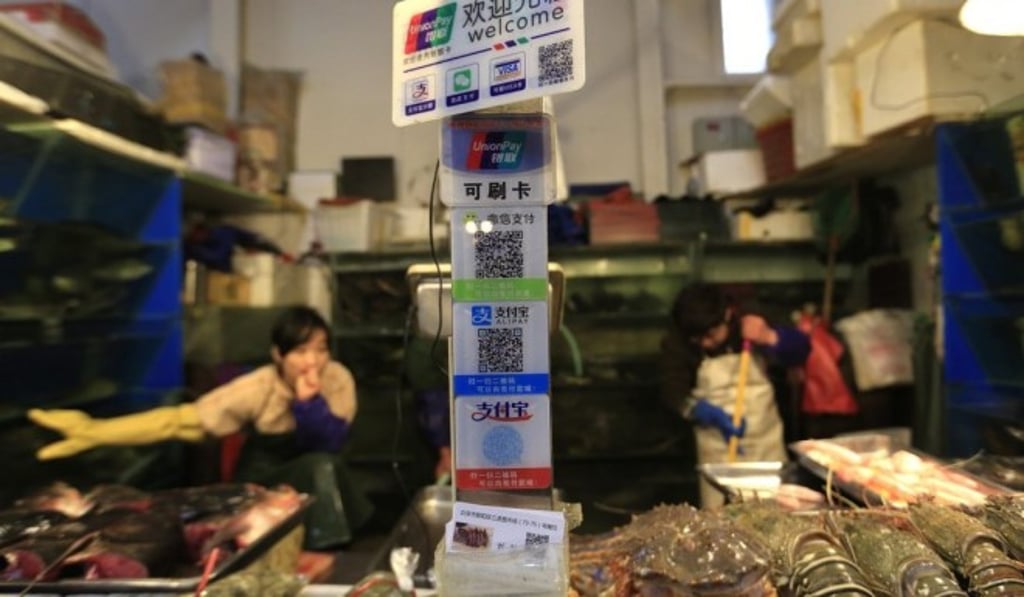Advertisement
11 things you may not know about China’s digital currency
- China was the first major economy to begin exploring its own digital currency in 2014, though it is yet to launch the proposed digital yuan
- Unlike cryptocurrencies such as bitcoin, which are not centrally controlled, China’s “sovereign” digital coin would fall under the authority of the People’s Bank of China
Reading Time:2 minutes
Why you can trust SCMP
1

1. What is China’s sovereign digital currency?
The so-called Digital Currency Electronic Payment (DCEP), has yet to launched in 2020. Learn more

2. Which central bank will launch world’s first digital currency?
China has made rapid progress while other nations are also at various stages of research and development. Learn more
Advertisement

3. Are there data and privacy protection concerns?
China’s central bank is trying to allay privacy worries by promising “controllable anonymity”. Learn more
Advertisement
Advertisement
Select Voice
Select Speed
1.00x